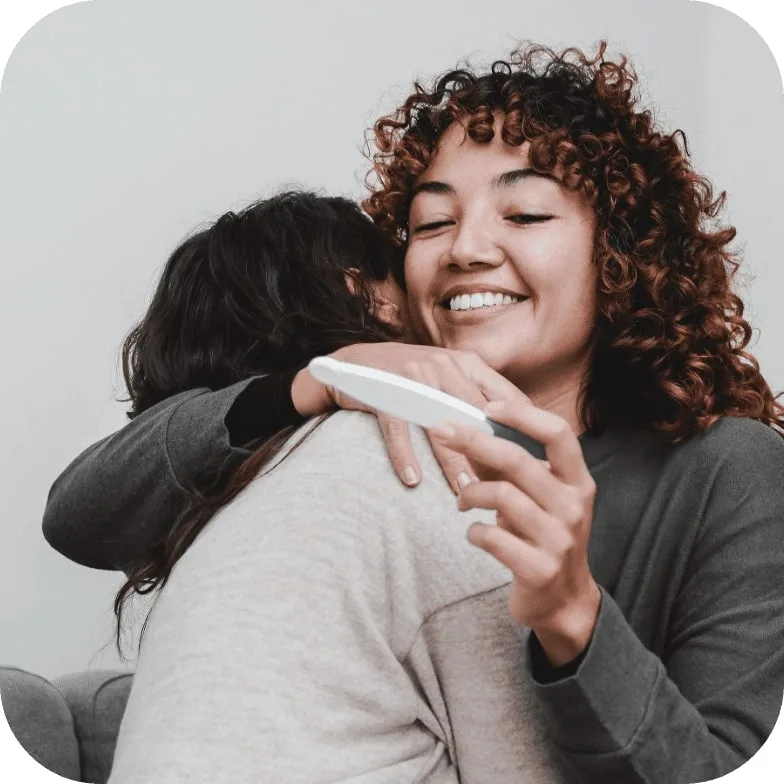Special Interest Mobile Healthcare: LGBTQIA+ Youth Care

LGBTQIA+ mobile health clinics provide care to vulnerable members of the LGBTQIA+ community. Services can include mental healthcare, primary care, trans care, sexual health testing and care, and case management.
Goals
- Provide care to vulnerable members of the LGBTQIA+ communities—especially youth.
- Reduce the stigma and shame around accessing clinics.
- Build trust with members of the community so they are comfortable accessing care and resources.
Considerations
Establishing trust: Adolescents in general are distrustful, and being a member of the LGBTQIA+ community often makes people even more so. New clinics must be consistent and patient: it could take a month or two before any patient shows up. It’s critical to maintain that presence and let patients enter on their terms, even if just to say hello at first.
Services: Includes sexual health and STI screening, behavioral health consultation, crisis intervention, and referrals to other providers.
Referrals: Patients should leave with everything they need for referrals, e.g., paperwork, contact information, etc. Social referrals are also essential, e.g., food pantries, temporary shelters, etc.
Outreach: Outreach coordinators are important, because they can go into the field and create connections that help build that trust. Word to the wise: the best outreach coordinators are current or former patients, or people who are representative of the community you are serving.
Staffing: Depends on mission and goals. In one successful mobile clinic, which caters to a homeless population, staff includes a coordinator, case manager/registrar and nurse practitioner. In another, the emphasis is on social workers and mental health professionals.
Location: Location is an extremely important consideration. It must be someplace where the LGBTQIA+ community will feel safe, and members already congregate. It helps to partner with different community agencies, emergency shelters, clubs or other types of social hotspots.
Hours: Often these clinics operate late at night, when the community is out on the streets or at events, e.g., 8 p.m. to midnight or 11:00 p.m. to 4:00 a.m. Weekend hours are especially useful.
Vehicle design: Depending upon location and appropriateness, a colorful or otherwise youth-targeted scheme might be most effective. Inside, there might be a common room where several patients sit, but you’ll also want private spaces.
Vehicle size: Consider whether you will mostly park on the street or in lots. If the former, you will want to err on the side of a smaller vehicle.
Resources
- Mobile Health Map
- The scope and impact of mobile health clinics in the United States: a literature review
- It’s Not Always a Straight Path: Mobile Health and the LGBTQ Community
- Caring for Lesbian, Gay, Bisexual, Transgender, and Questioning Youth
- Advancing Effective Communication, Cultural Competence, and Patient- and Family-Centered Care for the Lesbian, Gay, Bisexual, and Transgender (LGBT) Community A Field Guide
Next Steps
- Become a member of Mobile Healthcare Association
- Join the Sexual and Reproductive Health Special Interest Group
- Review our start-up resources, some for members only.